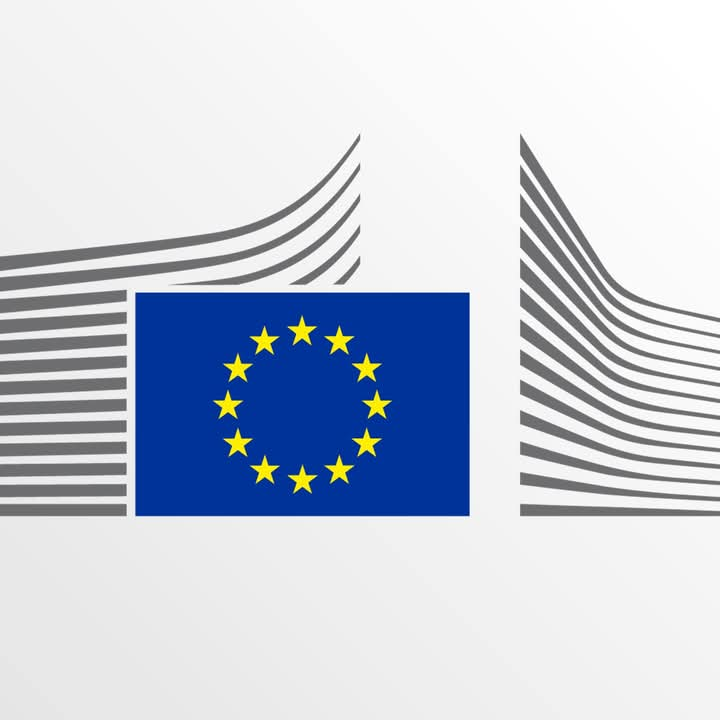The European Union has committed €300 million to support Nigeria’s ongoing battle against terrorism. The funding will focus on addressing the underlying causes of violent extremism, particularly in the North-East and North-West regions.
This announcement was made during a high-level workshop in Abuja, aimed at reviewing Nigeria’s Policy Framework and National Action Plan for Preventing and Countering Violent Extremism (P/CVE). The workshop was part of the EU-funded STRIVE Global Programme, which is managed by Hedayah, an international center dedicated to combating violent extremism.
EU Ambassador to Nigeria and ECOWAS, Gaulter Mignot, who spoke at the workshop, reaffirmed the EU’s long-standing partnership with Nigeria and emphasized the importance of a joint, strategic approach to tackling extremism. Mignot highlighted that both Nigeria and the EU are active members of the Global Counter Terrorism Forum (GCTF), stressing the significance of international collaboration in addressing these challenges.
Mignot also discussed the devastating impact of the 15-year conflict in Nigeria’s North-East, which has heavily affected the Lake Chad Basin region, leading to substantial loss of life and widespread displacement.
While recognizing Nigeria’s efforts in combating terrorism, the EU Ambassador underscored the need for continued investment and updated strategies. He praised the initiative to review and strengthen existing policies, describing it as a timely and necessary step to adapt to the evolving nature of violent extremism.
In a related development, Nigeria’s National Security Adviser (NSA), Mallam Nuhu Ribadu, inaugurated a pre-review workshop at the National Counter Terrorism Centre in Abuja. Represented by his Senior Special Assistant, Idayat Hassan, Ribadu emphasized the importance of updating the 2017 National Action Plan to respond to emerging threats.
“Extremist groups are constantly evolving, utilizing new technologies and online platforms. Our response must be proactive, flexible, and in alignment with national goals as well as international best practices,” Ribadu stated.
He also highlighted the importance of areas such as community resilience, digital literacy, rehabilitation and reintegration, and strategic communication as vital components of Nigeria’s counter-extremism strategy.

